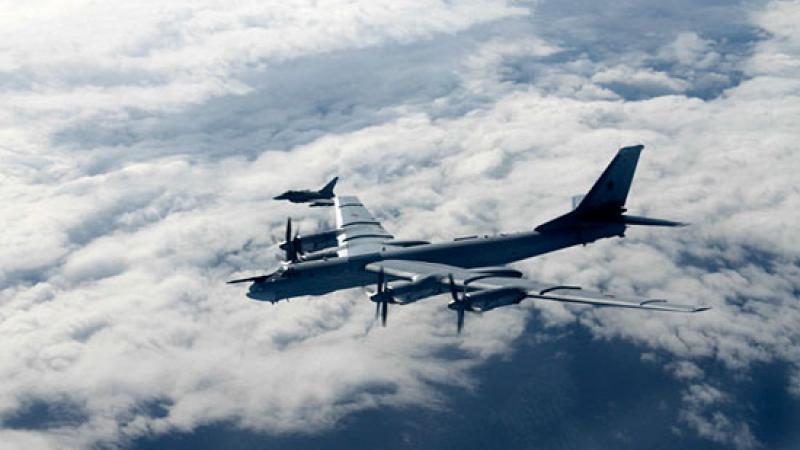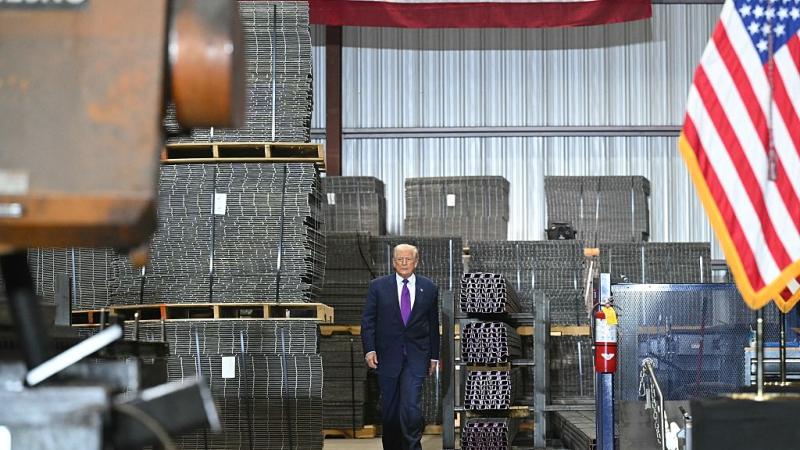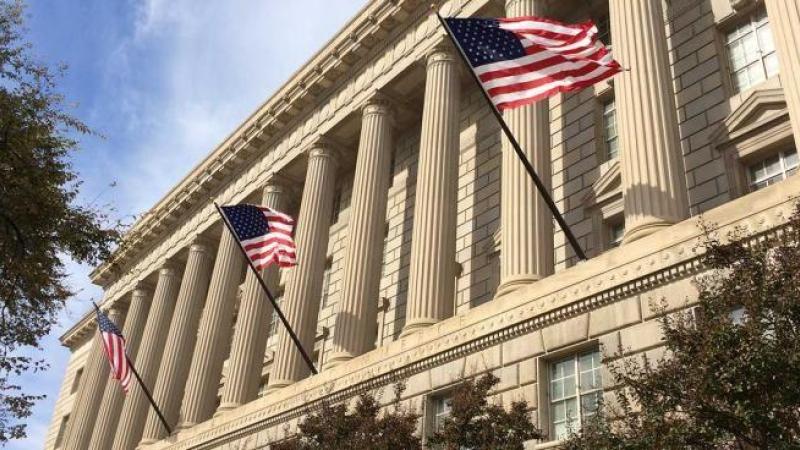Time to scrap one-China policy, recognize independent Taiwan, Trump security adviser says
"Taiwan is an independent country, and we need to support them," said Army Lt. Gen. (Ret) Keith Kellogg.
The United States should abandon its policy that China is one country and instead acknowledge Taiwan as an independent nation, according to Army Lt. Gen. (Ret) Keith Kellogg, a former Trump administration national security adviser.
"Taiwan is an independent country, and we need to support them," said Kellogg, national security advisor to Vice President Mike Pence and chief of staff of the National Security Council in the Trump administration. "The rest of the world should support them as well, their democratically elected leadership."
Kellogg made his remarks this week on the John Solomon Reports Podcast, hosted by Just the News.
The U.S. currently proceeds according to a "one-China policy," acknowledging but not endorsing Beijing's "one-China principle." In Beijing's view, China is a single country known as the People's Republic of China, which includes the Chinese mainland and the island of Taiwan.
Leaders in Beijing and Taipei long have been at odds over the island. The conflict dates to the Chinese Civil War, when Mao Zedong's communist forces battled Chiang Kai-shek's nationalists. The nationalists in 1949 fled to the island of Formosa, now known as Taiwan. The Communist Chinese Party, based on the mainland, claims that the independent Taiwan actually belongs to the communist mainland.
The U.S. has adhered to the "one-China" policy for more than 40 years, according to the State Department.
"Our commitment to Taiwan is rock-solid, and also contributes to the maintenance and stability across the Taiwan Strait, as well as within the region," spokesperson Jalina Porter told reporters last week.
"The U.S. will continue to support a peaceful resolution of cross-strait issues, consistent with the wishes and best interests of the people on Taiwan, and we're also committed to deepening our unofficial ties with Taiwan, which is a leading democracy and a critical economic and security partner," Porter said.
In recent years, Beijing has sent political and military signals that it plans to move against the neighboring island — drawing notice from the United States.
"Beijing's provocative actions keep raising tensions across the Taiwan Strait, and in the East and South China Seas," Secretary of State Antony Blinken said at a January press briefing.
The U.S. and Taiwan should take the signals seriously, Kellogg warned, in light of Beijing's crackdown on Hong Kong.
"Just a few years ago, we said, 'Oh, Hong Kong will be fine, don't worry about it,'" Kellogg said. "But look what happened to Hong Kong," where dissent against Beijing is quashed. "I think that Taiwan needs to be concerned."
The U.S. should respond in part by ditching the one-China policy, said Kellogg.
The policy switch would be controversial, he said, but necessary.
"I think we've about reached a time where we say, you know, we're the ones who created the One-China policy, maybe it's about time we went back to, you know, there really is a two China policy. And we're going to support Taiwan."
Added Kellogg: "They're an important country."















